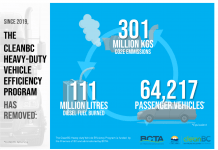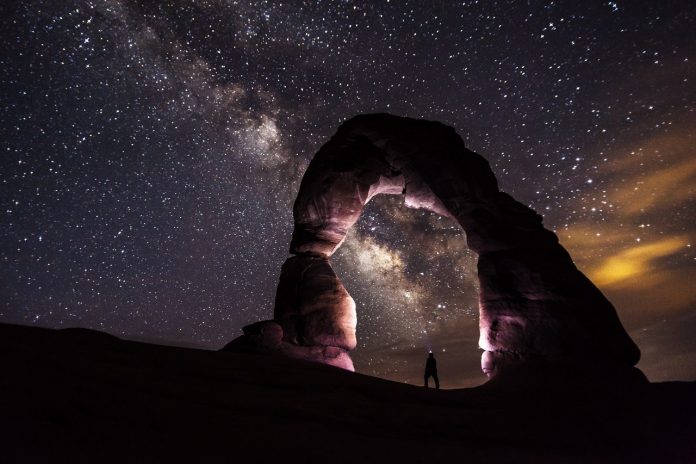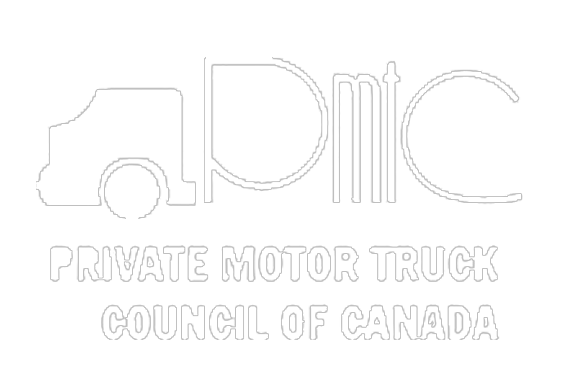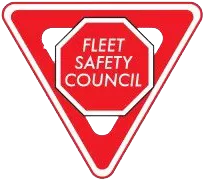Music is fundamental and a characteristic of a human being. All cultures, primitive to advanced, make music. Music is with an individual an entire lifespan. We all hum or sing or tap in time or not we still can step up to dance and a bounce or two.
We are all hardwired to distinguish music from noise and respond to beats, rhythms, tones and repetitive musical patterns. Is this a human trait? Does music serve a purpose? Hard to know definitively. However, studies suggest music may enhance human health and performance.
Country music/ The trucker lifestyle was so important to the history of the trucking industry. In the 1970’s, the independent trucker was celebrated by country musicians as “the last American cowboy.” Whether such cultural gems as Convoy played a role in a trucker’s mind is debatable. Perhaps it’s more likely the music reflected the intense independence, defiance and embolden masculinity that defined trucker in the 70’s. Some truckers say…Much like the work of actual cowboys, a day’s work for a trucker was mainly filled with boredom rather than romance or adventure. However, even so, truckers very much valued and continue to value not being confined within the four walls of a factory or an office. And especially for the tens of thousands of men who were independent owner-operators in the 1970’s — small-business men, rather than employees — trucking seemed a particularly attractive path to the American dream of pull-yourself-up-by-the-cowboy-bootstraps economic manhood. This economic culture of self-made manhood was what Nashville’s country musicians were celebrating when they penned trucking songs — even though, for the sake of entertainment value, most of the songs tended to deal with rather kitschy aspects of trucking life, such as jukeboxes, pinball machines, Truckstop waitresses, and CB radios.
After speaking with a group of LH truck drivers it was established…the most popular choices among North American truckers as to where and what they listen to on-the-road.
Where they find it…
Sirius XM Radio, Spotify, Apple Music, and Pandora
SXM is widely used by drivers. Despite the monthly fee, a lot of truckers choose this as their go-to for music, talk-radio, etc. when driving. Two of the top stations they recommend are Road Dog Trucking Radio and Willie’s Roadhouse.
Audiobooks
Listening to books while driving has become increasingly popular. A common place to listen to them is the Audible app, amazon’s audiobook subscription service. There are also a variety of options online for renting and purchasing audiobooks.
Podcasts
Another well-known alternative to music is podcasts, which a lot of drivers are beginning to get into. If there’s a topic you are especially interested in, there is likely to be a podcast around it. Landline is a popular podcast that has been recommended by other truckers.
Radio
AM/FM radio stations are still listened to frequently for music, news, and talk-radio, such as Red Eye Radio. (USA) Radio also offer Streamed Podcasts with online interviews. Radio continues to better its availability and quality with HD on most new vehicles.
Music Apps
The top music streaming apps include Spotify, Apple Music, and Pandora. When it comes to music genres, it seems to be mixed among truckers. However, country and classic rock are two common favorites.
Factoid 1 : There are over 1,300 music genres in the world. Some of the peculiar ones include Norwegian Hip Hop, Swedish Reggae and Spanish Punk.
What we listen to in Canada….
- Classical
- Country Music.
- Dance Music.
- International
- Jazz Music.
- Rhythm and Blues Music.
- Rock and Roll Music.
- Rock Music.
- Soul Music.
Factoid 2 : At the present time Gaunda Punjab is recognized and followed as one of the most popular Punjabi radio program that is listened to by people of all ages and all professions and fields. Mr. Bassi brings news, views, interviews and talk shows featuring politicians, businessmen, celebrities, common people and people from all walks of life.
The ancient Greeks put one god, Apollo, in charge of both medicine and music. Today’s doctors tell us that music can enhance the function of neural networks, slow the heart rate, lower blood pressure, reduce levels of stress hormones and inflammatory cytokines, and provide some relief to patients undergoing surgery, as well as heart attack and stroke victims. But these biological explanations and clinical observations may not do full justice to the effect music has on man and his world. Fortunately, poets and philosophers can fill in the gaps.






















